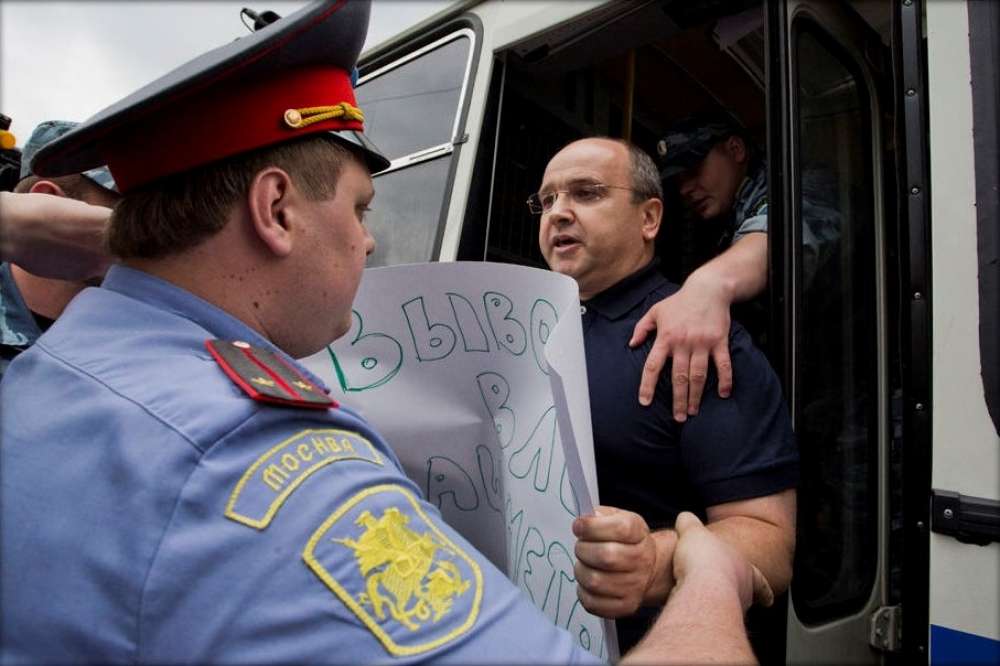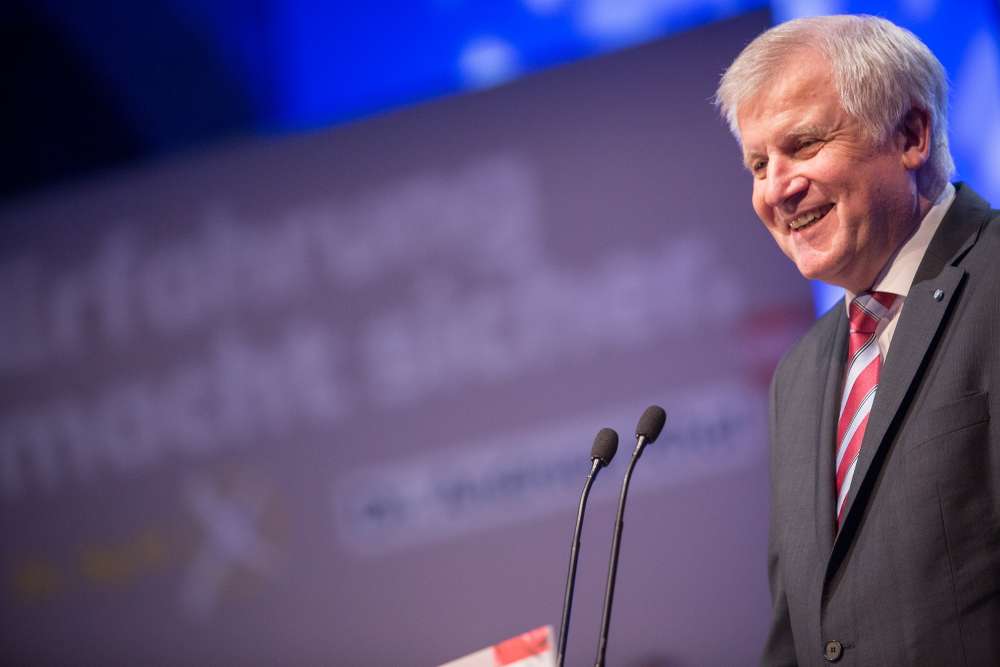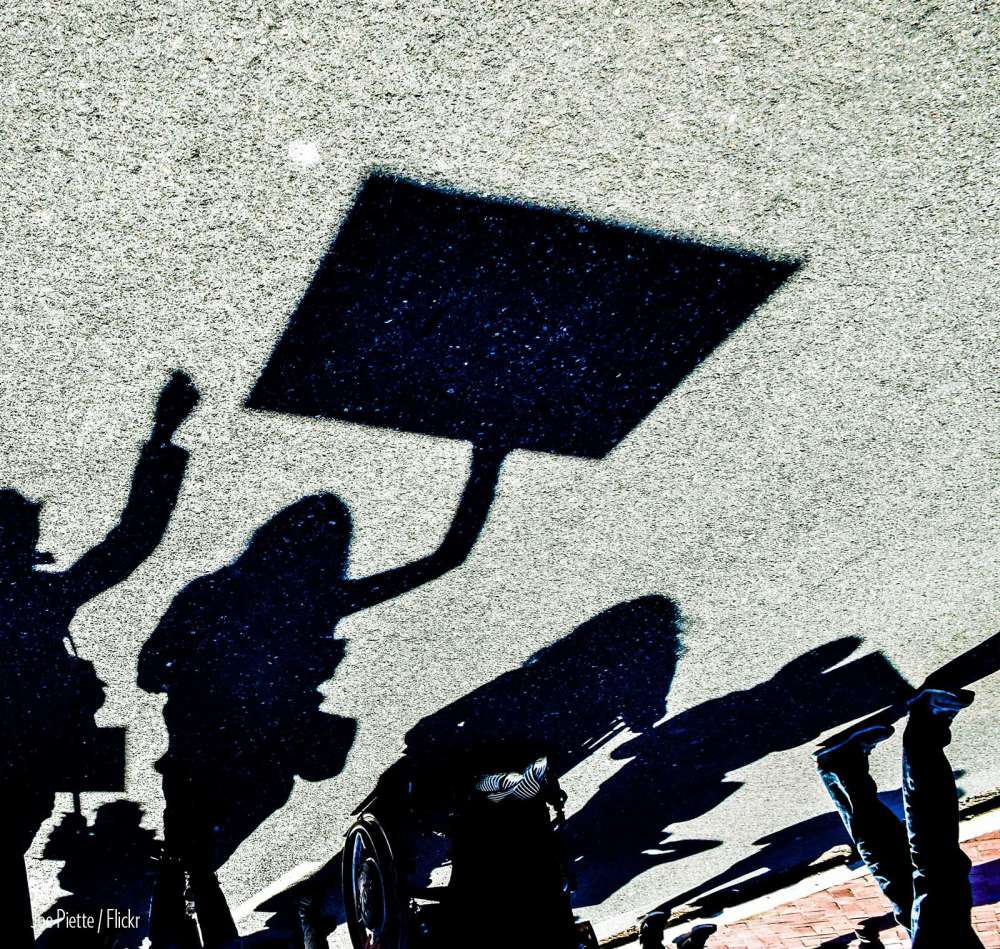Balancing Act in Cuba: Towards a Responsible Opening-Up Policy

This week, German Foreign Minister Frank-Walter Steinmeier will travel to Cuba. His visit will mark the end of a diplomatic ice age in the relations between Cuba and Germany since 2003. During the Cuban “Black Spring” that year, there were arrests of political activists, executions and other human rights violations, thereby ending development cooperation and damaging diplomatic relations between the two countries. Ever since Cuba and the United States declared on December 17, 2014 that they would work towards a normalization of their relations, the expectations of economic and political openness are on the rise in Cuba – and Germany does not want to be left behind. During his visit, how can Steinmeier balance the interests of civil society, the business sector, Cuba, the US and the European Union?
Steinmeier would be ill-advised to follow the example of French President François Hollande, who relied on pure economic diplomacy during his visit to Cuba in early May. Certainly, many Cubans would want Steinmeier to pave the way towards greater economic freedom. The republic’s 11 million citizens are subjected to a dual currency system and make an average income of about 20 dollars a month. The country lacks an internal market and many of the basic requirements for self-employment as a means of escaping poverty. But a one-sided economic strategy is problematic. Two dilemmas stand out. First, foreign investment often does not reach the Cubans directly and instead ends up in the military-industrial complex – GAESA, in particular. Led by Raúl Castro’s son in law, General Luis Alberto Rodríguez López-Callejas, GAESA is a holding company of the Cuban army that controls almost all tourism enterprises. Therefore, greater investment means more money and opportunities not necessarily for the Cubans, but for the military apparatus. Experts fear that rapid economic growth without any significant development in civil society participation will lead to a mixed form of oligarchy and military dictatorship in Cuba.
Second, unconditional economic cooperation may be interpreted as recognition and legitimization of the regime. After the détente in US-Cuban relations and the consequent weakening of the David-versus-Goliath rhetoric, Washington hoped that the Europeans would apply greater pressure on Cuba in the field of human rights. Thus far, the opposite has been the case. In my confidential discussions with high-level American diplomats, they expressed their disappointment in Federica Mogherini, the EU high representative for foreign affairs and security policy, and in Hollande: during their visits to the island, both appeared more interested in taking a photo with the Máximo Líder and his brother than in meeting opposition members. Cuban exiles and former political prisoners in Cuba repeatedly tell me that “attention means protection.” They consider public statements by government representatives to be key instruments of support for human rights in their country.
Certainly, the German foreign minister should initiate negotiations on investment and economic cooperation. He has to make clear, however, that any cooperation is inseparable from efforts to promote civic and economic participation. Steinmeier should not hide behind the planned human rights dialogue between the EU and Cuba, which was initiated last week. As past cases have shown, such dialogues drag on for a long time without producing tangible results and easily degenerate into a fig leaf. An expansion of the ongoing discussions on financial and tax matters could help to show that German investment in Cuba will occur only with the expansion of free spaces for civil society and the private sector. During these negotiations, the release of political prisoners, who should be mentioned by name, must always be called for.
In addition, Steinmeier should insist on minimum requirements, such as the signing of the International Covenant on Civil and Political Rights, access for the UN Special Rapporteur and the International Committee of the Red Cross, and an end to systematic short-term arrests. Given the narcissism of the Castro brothers, it may actually be more effective to hold such discussions in the diplomatic backroom. Spain, the Vatican and, more recently, the US have shown the efficacy of using quiet diplomacy with the regime. But Steinmeier should not follow the specification of the EU Annual Report on Human Rights and Democracy released last month, which considers public meetings with members of the opposition “off-limits,” thus accepting implicitly the position of the Castro brothers.
In recent months, I have personally experienced how such meetings can be thwarted by intimidation. However, a foreign minister should not allow himself to be intimidated. It is a sign not of foresight, but of weakness if European politicians do not dare to meet the winners of the Sakharov Prize for Freedom of Thought, awarded by the European Parliament, in their own country. Steinmeier has an opportunity to send a strong message in support of a responsible opening-up policy towards Cuba, one that links economic cooperation and human rights. Everyone committed to not only an economic but also a political opening in Cuba would welcome such a sign from Germany.
…
A German version of this piece ran in the July 6th edition of the Frankfurter Rundschau.







